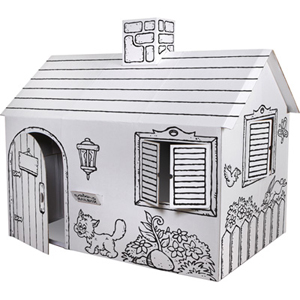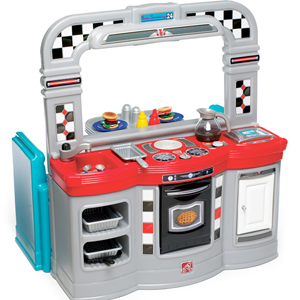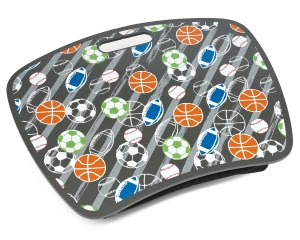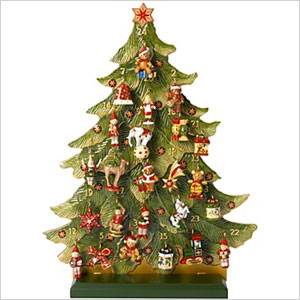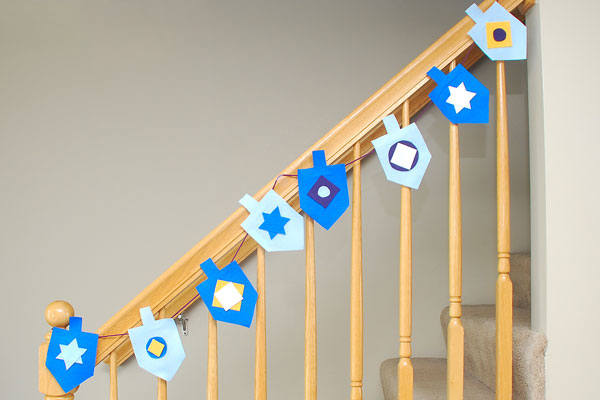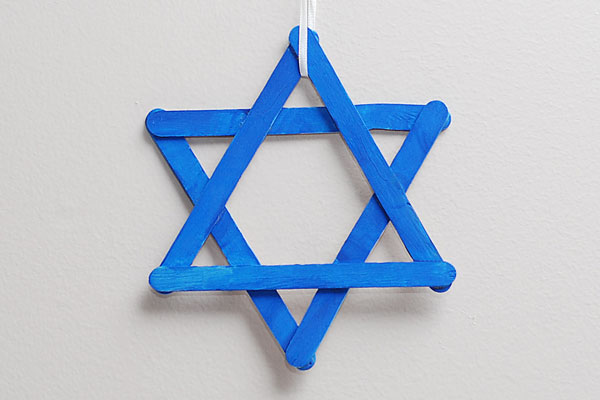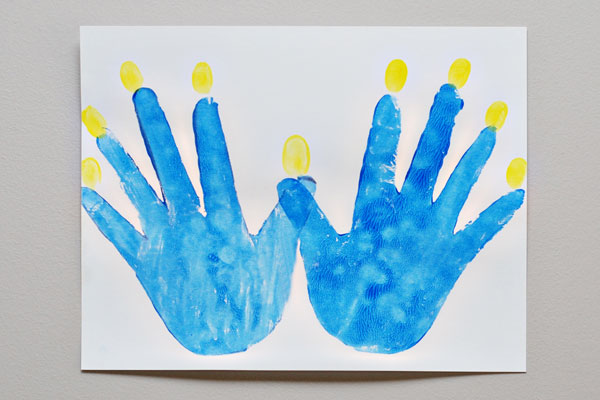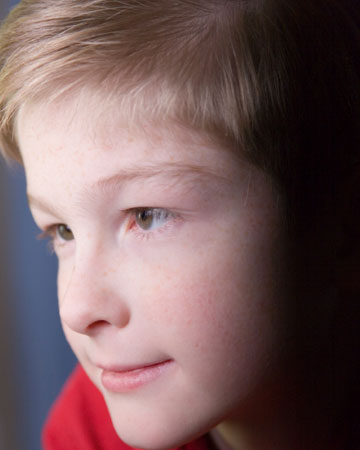With resources at your fingertips, it's easier than ever to find the perfect gift for a child with special needs. This year, wow parents and children alike with your thoughtfulness — and some pretty cool toys!
![]()
When is shopping for gifts easy? When you’re shopping for children, it gets even tougher. Toss special needs into the mix, and some shoppers might throw up their hands in despair.
Meet the parents
Never hesitate to ask parents what might be a good gift for their children. You never know when they’ve been eyeing something special. It's not cheating to gather insider information on what will delight a child!
For years, my go-to gifts for kids and teens alike have been:
- Cupcakes, or anything with “cake” in its name
- Anything manufactured by Nerf
- Gift cards, gift cards, gift cards
But now it’s that time of year, and as our children grow, so has the list of kids and teens for whom we want to buy presents at the holidays. Some children have special needs, and as Mom to a toddler with Down syndrome, I understand how meaningful the right toy can be.
Here’s an insider’s guide to finding the perfect, age-appropriate, skill-appropriate, fun toy for any child on your list.
Do your homework
Today, retailers provide even more specialized online content for children with special needs. Toys "R" Us began publishing its “Toy Guide for Differently-Abled Kids” in 1994, adding an online version in 2006.
Company founder Charles Lazarus spearheaded the creation of the guide after hearing from customers and store employees about the challenges of finding appropriate toys for children with special needs.
If you bristle at the idea of looking up gifts according to disability, it's nice to know Toys "R" Us's guide uses a personal approach to help choose the right gift.
Categorizing by skill set
Toys "R" Us says, “Because all kids are unique regardless of ability, toys are not categorized by disability; nor are they categorized by age. Instead, symbols are assigned to each toy so parents can find those that promote different skills, such as Auditory, Language, Social, Creativity and more.”
The guide also has a toy selection index that lists toys according to the skills they help develop, so parents can quickly find toys that most benefit their child's development and learning.
Toys "R" Us works closely with Lekotek, a nonprofit based in Chicago that has spent nearly 20 years focusing “on what the child with disabilities can do,” and “the needs of the entire family system that supports the child” to help children with special needs reach their full potential.
Tips from experts
Lekotek recommends considering the following 10 characteristics of a toy when shopping for children with special needs:
Multi-sensory appeal: Consider if the toy uses lights, sounds or movement to engage the child. Other factors to think about: Texture and scent.
Method of activation: Will the toy provide a challenge without frustration? What is the force required to activate? What are the number and complexity of steps required to activate?
Places the toy will be used: Will the toy be easy to store? Is there space in the home? Can the toy be used in a variety of positions such as side-lying or on a wheelchair tray?
Opportunities for success: Can play be open-ended with no definite right or wrong way? Is it adaptable to the child's individual style, ability and pace?
Current popularity: Is it a toy that will help the child with special needs feel like "any other kid?" Does it tie in with other activities, like books and art sets, that promote other forms of play?
Self-expression: Does the toy allow for creativity, uniqueness and making choices? Will it give the child experience with a variety of media?
Child’s individual abilities: Does the toy provide activities that reflect both developmental and chronological ages? Does it reflect the child's interests and age?
Safety and durability: Does the toy fit with the child's size and strength? Does it have moisture resistance? Is the toy sized appropriately? Can it be washed and cleaned?
Adjustability: Does it have adjustable height, sound volume, speed and level of difficulty?
Potential for interaction: Will the child be an active participant during use? Will the toy encourage social engagement with others?
AblePlay.org
For nearly 20 years, the National Lekotek Center has focused on using interactive play experiences, and the learning that results, to promote the inclusion of children with special needs into family and community life.
Lekotek also has developed AblePlay. Toy manufacturers can submit their toys to AblePlay for evaluation in four disability categories: Physical, sensory, communicative and cognitive. The organization then gives each toy a one- to five-star rating for each category and provides an extensive toy review including play ideas by disability category.
With this information, toy manufacturers then may list their toy with a link to a retail site on the AblePlay website for parents and professionals.
Nationwide, Lekotek has 17 locations within eight states that offer family play sessions, toy lending libraries, Compuplay family computer centers and other community-specific programs.
Answers4Families
In Nebraska, Answers4Families has partnered with the Nebraska Department of Health and Human Services to compile extensive resources for families, including a compilation of online catalogs and companies that provide toys and early intervention tools for children with special needs.
When all else fails
Feeling overwhelmed yet? Sometimes, the best way to choose a gift is to go with your instincts. While browsing Answers4Families.com, I noticed a company that makes dolls with the physical characteristics of a child with Down syndrome.
My son has Down syndrome, and my daughter loves dolls. In an instant, I had mentally checked off a gift from my Christmas list!
Read more about special needs
Moms of kids with special needs weigh work vs. staying home
Best apps for kids with special needs
How to make sure your child doesn't become Ann Coulter

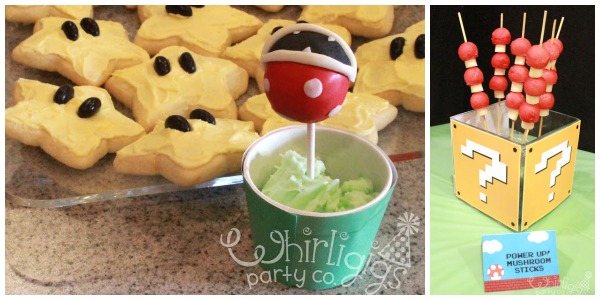
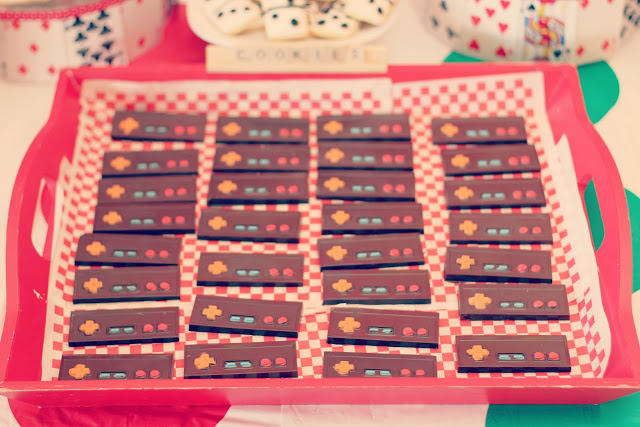

![]() Quick Tip
Quick Tip

